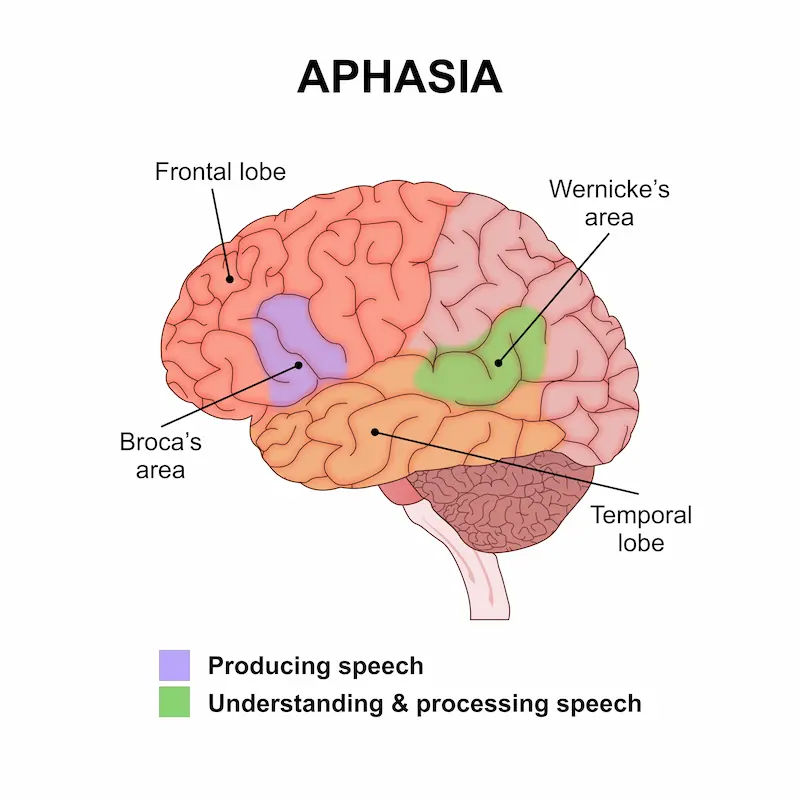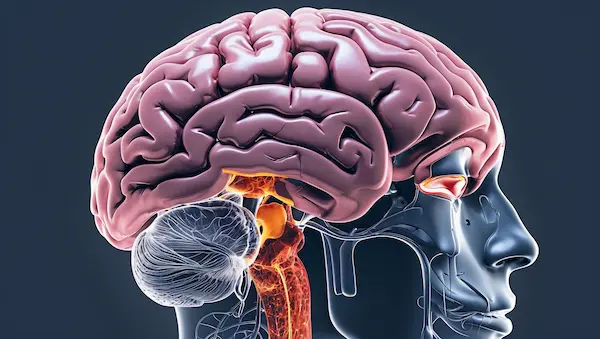- Female
- 35 Years
- 22/01/2025
I'm really worried about my wife's health. She's been having this frequent pain in her right eye, and her vision isn't great according to the doctor. Plus, she has pain in her right arm and sometimes her leg. I've noticed that whenever she's stressed out or has been crying, these pains, especially in her eye, head, and arm, seem to get worse. For instance, after my brother-in-law passed away due to COVID, she was very stressed and the pain got severe. Even small things, like me not bringing home vegetables in time, seem to stress her out and increase her pain. On top of that, when she's really stressed, she complains about a headache, breathlessness, and pain in the center of her chest. Her ECG and blood tests came back fine, so I'm unsure about what's causing all this. Could this be psychological, or is there a possibility of an underlying heart condition? Any advice on what steps we should take next?
Answered by 1 Apollo Doctors
It sounds like your wife may be experiencing symptoms of stress-induced tension and anxiety, which can manifest as physical pain in various parts of the body. The headaches, eye pain, arm pain, and leg pain that she is experiencing could be related to stress and emotional distress. The fact that these symptoms worsen after stressful events or crying episodes further supports this idea. Additionally, the chest pain and breathlessness she experiences during periods of high stress could be due to anxiety and not necessarily a cardiac issue, especially since her ECG and blood reports came back normal. To help manage her symptoms, I recommend considering a combination of stress-reducing techniques and medications. For stress and anxiety relief, she can try practices such as deep breathing exercises, meditation, yoga, or mindfulness techniques. In terms of medication, she can benefit from an anxiolytic medication like alprazolam (Xanax) to help alleviate acute symptoms of anxiety and stress. For headache relief, she can take acetaminophen (Tylenol) as needed, following the recommended dosage instructions. It's important to address the underlying stress and emotional triggers to prevent the recurrence of these symptoms. Encouraging open communication, seeking support from a therapist or counselor, and practicing self-care activities can also be beneficial for her overall well-being.
Dr. Anshul Suggests...
Consult a Neurologist
Answered 04/07/2025
0
0

More Neurology Health Queries
View allCan being out in the sun cause dizziness, headaches, and make you sleepy? I've been feeling really dizzy in the afternoon and evening, and I've noticed my blood pressure drops to 9060. Should I be worried about this?
Yes there is cure for that visit Psychiatrist for appropriate management
Answered by 1 Apollo Doctors
My wife has been dealing with TB Meningitis for the last two years. She completed the TB medication course, but she's still struggling with a lot of neural and back pain. An MRI showed signs of myelitis and some changes in her spinal cord, which has us really concerned. The doctors say that while the TB bacteria is gone, the damage might be beyond repair and her chances of recovery are slim at best. They've recommended physiotherapy and visiting pain management centers for her current pain. For about a year and a half, shes been on Gabapin 300 and Gabantip AT. Can you suggest any pain management centers, or maybe share your thoughts on any potential for recovery?
Unexplained bruising can be caused by various factors. Possible reasons for bruising without injury include: Vitamin deficiencies (e.g., vitamin C, K, or B12) Blood clotting disorders Medication side effects Liver or kidney issues Easy bruising syndrome (a condition that affects blood vessels) Consult a doctor or a hematologist for a comprehensive evaluation and blood tests to determine the underlying cause.
Answered by 1 Apollo Doctors
my brother has had fits since birth and is a CP child now his left leg thigh bone is broken near the hip the doctor suggested surgery but we're from vidisha near bhopal and unsure what the best treatment option is for him
neurologist opinion.
Answered by 1 Apollo Doctors
Disclaimer: Answers on Apollo 247 are not intended to replace your doctor advice. Always seek help of a professional doctor in case of an medical emergency or ailment.




_0.webp)
